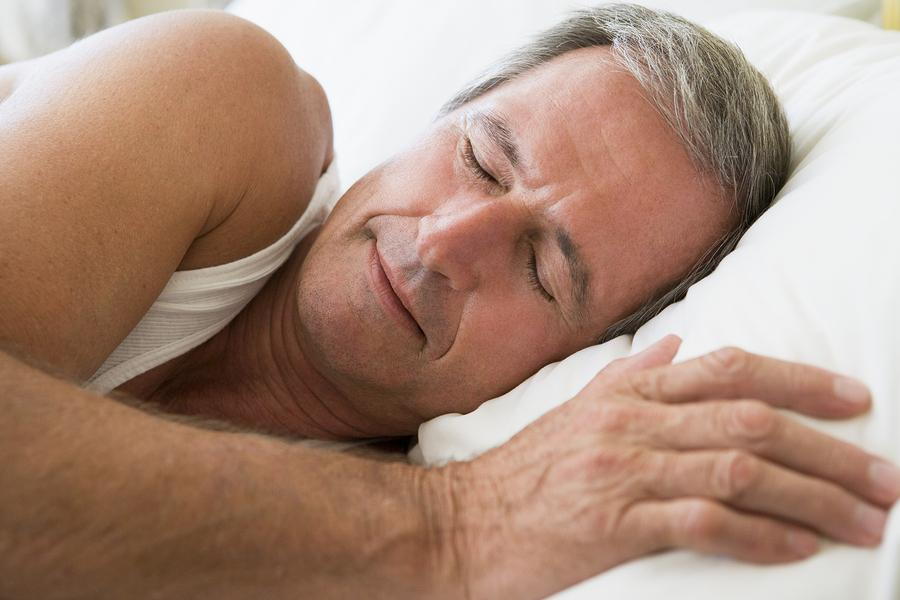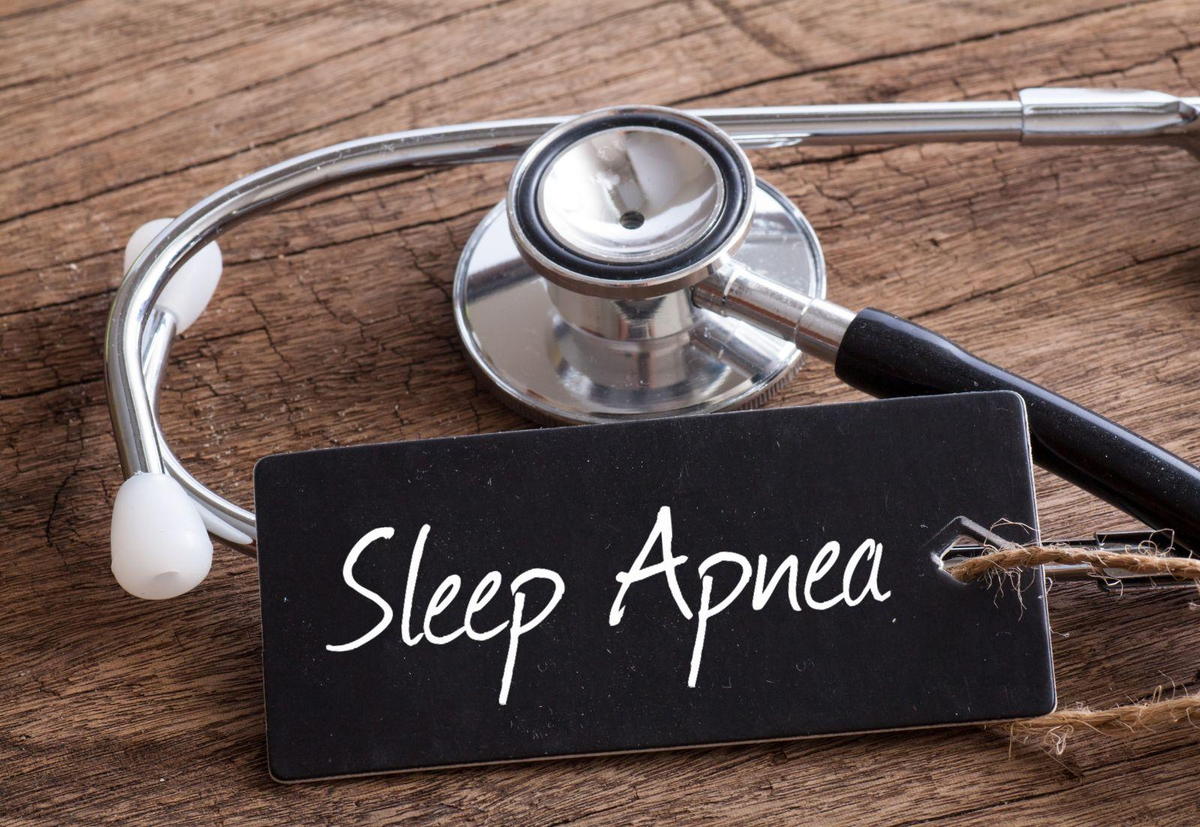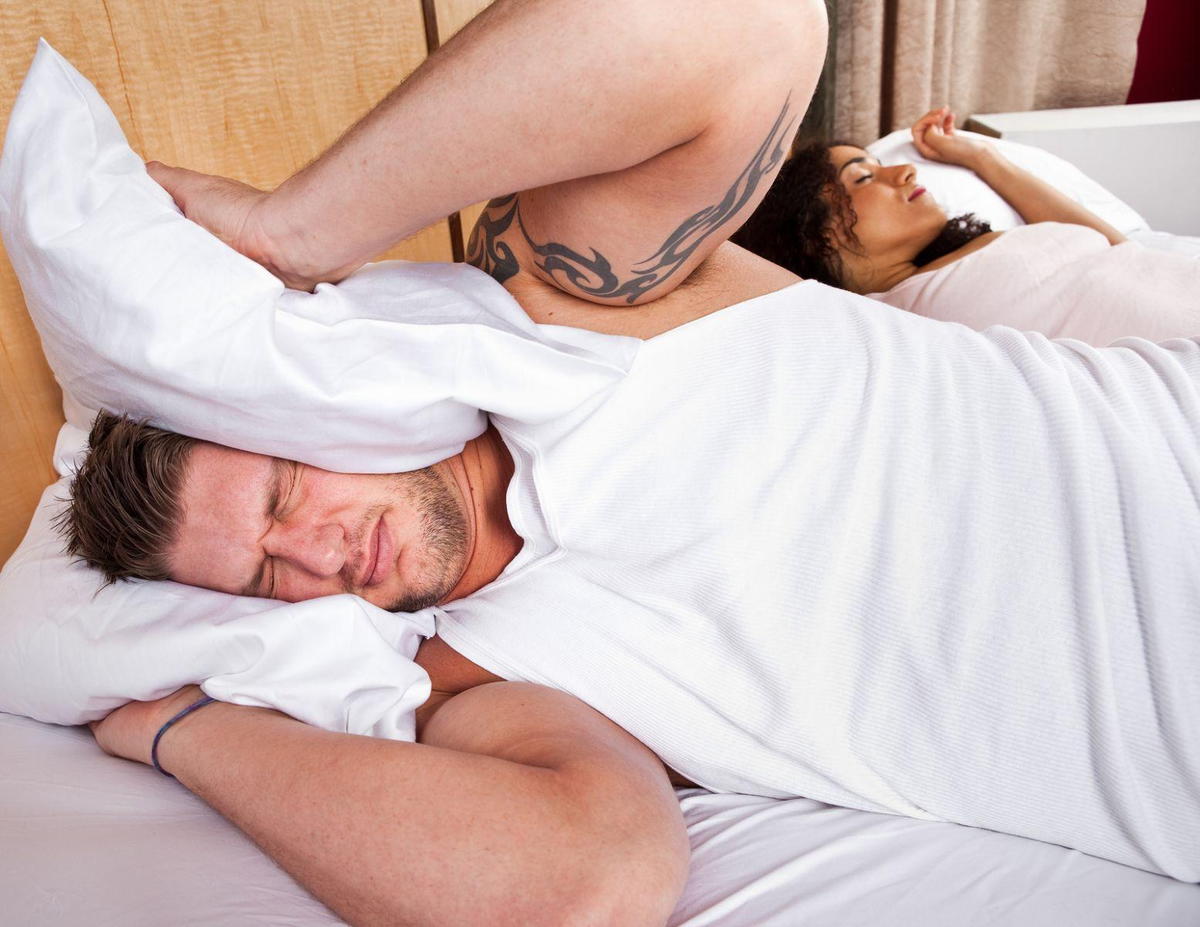Do you find that you have problems sleeping soundly throughout the night? Do you wake up exhausted and grumpy? Have you been told that you snore? All of these things tend to point to one specific issue. Obstructive sleep apnea. Dr. Jeremy McConnell at Florida Sleep Specialists in Bradenton and Sarasota, FL, can explain some common signs of sleep apnea and what you should be looking out for.
Three Common Signs of Sleep Apnea
- You’re constantly being told that you snore loudly.
If you have a partner or your friends and neighbors are constantly complaining that you snore so loudly and disrupt others, you might be dealing with obstructive sleep apnea. Snoring is one of the most common signs and one of the first issues your sleep doctor may ask about. This happens because something is blocking your airway and making it difficult to breathe properly. - You have pauses in your breath while you sleep.
This is something others would need to point out since you wouldn’t be able to spot this on your own. This is because your airway is blocked, often by your tongue and it becomes difficult to breathe properly. These pauses can be alarming and can cause harmful damage if it’s not addressed. If someone points this out especially, it’s time to see your sleep doctor in Bradenton and Sarasota, FL, to find the best form of treatment for your sleep apnea. - You’re constantly tired, even after a full night’s sleep.
With sleep apnea, your body isn’t able to get the proper sleep it needs because there’s a restriction on oxygen. This can cause issues in your life because it can make it dangerous for you to be driving and you may notice that it’s difficult to focus on things like work.
Contact Your Sleep Doctor Today
If you notice any of these signs, don’t hesitate to get help. Contact Dr. Jeremy McConnell at Florida Sleep Specialists in Bradenton and Sarasota, FL, to learn more about dealing with sleep apnea. Call for more information and to schedule an appointment at (941) 792-8383 for the office in Bradenton, FL, and (941) 827-0701 for the office in Sarasota, FL.






 in breathing throughout the night, which can leave you feeling tired and unrested in the morning. Here at our office in Bradenton, FL, Dr. Jeremy McConnell can treat your sleep apnea and identify the factors contributing to it.
in breathing throughout the night, which can leave you feeling tired and unrested in the morning. Here at our office in Bradenton, FL, Dr. Jeremy McConnell can treat your sleep apnea and identify the factors contributing to it. achieving restful sleep at all. Whatever the reason for not getting enough rest, a lack of sleep can adversely impact your health. Fortunately, a sleep study can reveal factors affecting your ability to achieve restful sleep. At our office in Bradenton, FL, Dr. Jeremy McConnell can order a sleep study to learn more about your sleep patterns and develop a plan for helping you achieve quality sleep time.
achieving restful sleep at all. Whatever the reason for not getting enough rest, a lack of sleep can adversely impact your health. Fortunately, a sleep study can reveal factors affecting your ability to achieve restful sleep. At our office in Bradenton, FL, Dr. Jeremy McConnell can order a sleep study to learn more about your sleep patterns and develop a plan for helping you achieve quality sleep time. suffering from a common sleep disorder called Obstructive Sleep Apnea. Characterized by super-loud snoring and episodes of breathing cessation (apnea), OSA should be treated. At Florida Sleep Specialists in Bradenton and Sarasota, FL, board-certified sleep physician, Dr. Jeremy McConnell, diagnoses and treats a wide range of sleep disorders, including OSA. He can help you feel and function better, and stop that snoring!
suffering from a common sleep disorder called Obstructive Sleep Apnea. Characterized by super-loud snoring and episodes of breathing cessation (apnea), OSA should be treated. At Florida Sleep Specialists in Bradenton and Sarasota, FL, board-certified sleep physician, Dr. Jeremy McConnell, diagnoses and treats a wide range of sleep disorders, including OSA. He can help you feel and function better, and stop that snoring!